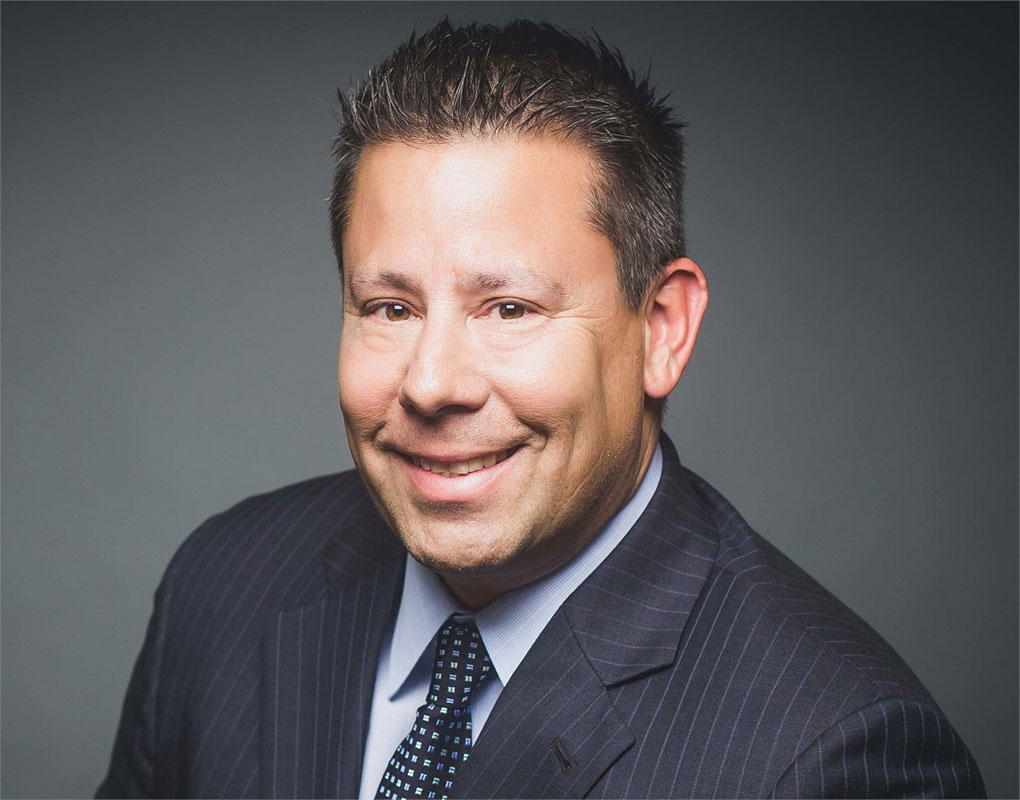Last year a friend of mine referred me to a fitness trainer at the YMCA. I had maintained some semblance of a fitness routine my entire adult life, but was getting frustrated and bored with the things I was doing. I decided to explore the trainer to get some new ideas on how to better stay in shape (and maybe stop hurting myself in the process).
My original intention was to do a month or so, but a year and a half later I’m still going strong. Working with my trainer, who I view as a coach, has made me realize some important concepts about doing my own job as a financial advisor, who if the relationship is functioning properly should serve as a type of coach as well.
First, let me get it out there, working with any type of professional is not free. To adjust my budget to pay for my trainer I decided I would give up Starbucks during the week and I would eat lunch at my desk (basically what I call nuts and berries) at least three days a week. This had the dual effect of rearranging my expenses to pay for training, and carving about 3,000 calories out of my week.
A relationship with a financial advisor will involve a cost as well, but just as paying for my trainer has led to better decisions regarding my work week diet, the cost adjustment from working with a financial advisor should be found in improved investment decision making as well. The process of working with an advisor should lead to more active and appropriate risk management using tools which may not be apparent to non-professional investors. It could only take not buying or selling at the wrong time once, to make up the cost of an advisor for many years.
One of the primary benefits I get from using a fitness trainer is my workout sessions are scheduled. Like most busy people, I’m a schedule-driven guy and once something goes on the schedule I pretty much show up. Whereas most of my adult like I suffered from the three-week cycle of workout burnout and distraction, when it's scheduled it’s now common for me to go 10-12 weeks without missing a workout.
The same applies to a financial advisor. In my opinion one of the primary values a financial advisor provides is “face time”. Face time requires re-visiting financial goals, requires portfolio review and face time requires financial habits to be considered and discussed. Just as showing up at the Y requires commitment, it’s important to commit to sitting down with your advisor on an appropriate schedule, but at minimum once a year.
Perhaps the biggest benefit to working with a coach however is accessing their knowledge and experience and in doing so I quickly realized how poor my old self-structured workouts were. My trainer knows my goals, knows my challenges and thinks of healthy ways to work toward one and around the other.
A qualified financial advisor should do the same, while each family’s finances are unique, having the experience of working with many families should bring a financial advisor an invaluable depth of understanding. Accessing this understanding and using it to help make better decisions can lead to much better financial results over time.


